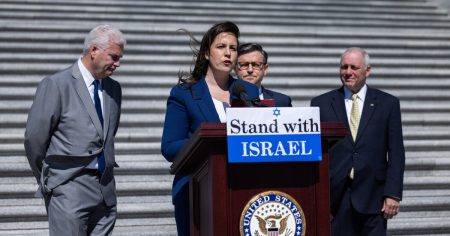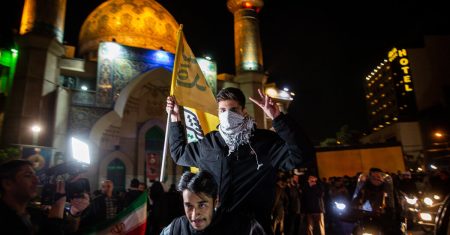The debate over whether the events of January 6 constituted Brandenburg incitement was a significant point of contention, with many First Amendment experts disagreeing on whether it met the criteria of imminent lawless action likely to occur. While some argue that if the events of January 6 do not qualify as incitement, then the definition of incitement may need to be reevaluated, others maintain that the Brandenburg standard remains the appropriate measure. David French, for example, believes that former President Trump’s actions on January 6 met the Brandenburg standard, while others have reservations about this assessment. The key issue at hand is whether the actions and statements made on that day crossed the line into incitement, as defined by the legal precedent set by Brandenburg.
Following the events of October 7th, a time when a book about free speech was set to be released, there was a renewed focus on explaining the nuances and complexities of First Amendment protections. The need to clarify that even speech advocating for harmful actions is protected, under the conditions of being “sincerely and seriously” intended, became apparent. Examples such as the phrases “From the river to the sea, Palestine should be free” and “intifada” were highlighted as potentially controversial but still constitutionally protected expressions. The importance of understanding the context and intent behind such statements was emphasized, as they may become concerning or threatening depending on the circumstances in which they are used.
The aftermath of various events, including January 6 and October 7, prompted a reevaluation of how people view and interpret the First Amendment. It became clear that there was a need to revisit basic principles and engage in discussions about what speech is protected and under what circumstances. Educating the public on the nuances of free speech rights, particularly when it comes to potentially inflammatory or incendiary language, became a priority. By explaining the distinctions between protected speech and speech that may cross into harmful or dangerous territory, it was possible to foster a more informed and nuanced understanding of First Amendment principles.
The debate around the Brandenburg incitement standard and its application to the events of January 6 highlighted the complexities of determining when speech crosses the line into incitement of imminent lawless action. While some argue that the events of that day clearly met the criteria set by Brandenburg, others are more cautious in their assessment. The need to carefully evaluate the context, intent, and likely consequences of speech before deeming it as incitement was emphasized. This ongoing debate underscores the importance of understanding the legal precedents and principles that govern free speech rights, as well as the need for thoughtful analysis and discussion when controversial incidents arise.
In the wake of events like January 6 and the release of a book on free speech, there was a renewed emphasis on explaining and clarifying the protections afforded by the First Amendment. This included addressing the complexities of speech that may be unsettling or provocative but still falls within the realm of protected expression. By engaging in discussions about the nuances of free speech rights and the factors that determine when speech becomes problematic, it was possible to promote a more informed and balanced understanding of the boundaries of free speech. Educating the public on the legal standards and historical context of free speech protections played a crucial role in shaping the conversation around contentious issues related to speech and expression.
Overall, the discussions surrounding the events of January 6 and their implications for free speech rights underscored the ongoing importance of upholding and defending the principles enshrined in the First Amendment. By engaging in thoughtful debates, reevaluating legal precedents, and educating the public on the complexities of free speech protections, it was possible to navigate challenges and controversies related to speech in a more nuanced and informed manner. The need to balance the right to express diverse viewpoints with the responsibility to prevent harm or violence through speech remains a central focus in shaping a healthy and robust dialogue around the First Amendment and its implications in contemporary society.














